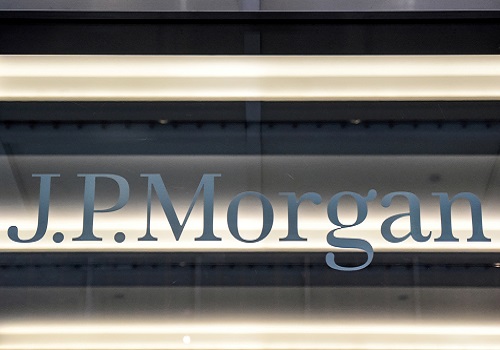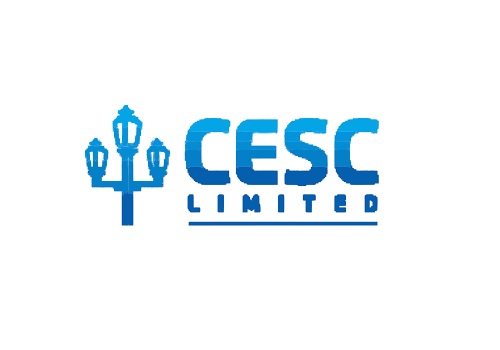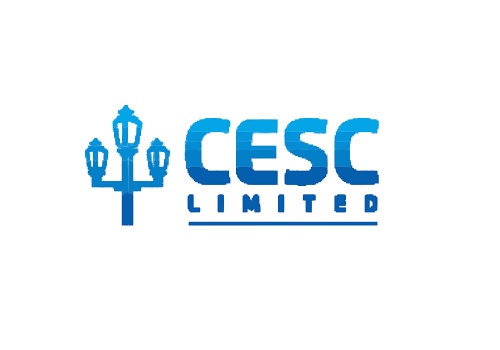Insurance Sector : Revised Exposure Draft on EoM and Commissions - Increased flexibility for insurers By Emkay Global Financial Services

Follow us Now on Telegram ! Get daily 10 - 12 important updates on Business, Finance and Investment. Join our Telegram Channel
Revised Exposure Draft on EoM and Commissions: Increased flexibility for insurers
Incorporating stakeholder feedback on the Aug-22 exposure drafts (refer our note: Storm in a teacup), insurance regulator IRDAI has published the revised Exposure Drafts on Payment of Commissions and Expenses of Management (EoM) of Life & General Insurers. The key modifications in the draft vs Aug-22 are: i) abolishing the separate cap on commission across life, general & health insurers, while prescribing an overall EoM (Commissions and OpEx) cap; ii) increasing the EoM cap for Health Insurance to 35% from the 30% prescribed in the Aug-22 draft; iii) some increase in EoM Limits for Deferred Annuity products. Allowing companies to have a Board-approved commission payment policy, while the Regulator prescribes & monitors the overall EoM, reflects Regulator-intent to move away from micro-managing companies, and provides flexibility to the Management of insurance companies along with easing the compliance burden. Removal of the cap on commission also shows that the Regulator has considered demands of some insurers & distributors, thus demonstrating its more collaborative & open approach. However, both, the Regulator and the industry, need to overcome the ostrich syndrome and reconcile with the fact that, progressively, the overall expense ratios will decrease with increase in the industry size. It is not prudent for the insurance industry (companies and the Regulator) to stay inward-looking; rather, it needs to explore Mutual Funds, Banking and other financial services, for which the unit cost has materially come down as the size of the industry has increased. Net net, the revised draft on EoM & Commissions allows flexibility to insurers and provides some immediate relief to a number of life insurers (including LIC), which would otherwise have needed to bring down their commission payouts, had the Aug-22 draft regulations been enacted just as they are.
* Modifications to the Aug-22 drafts to give increased flexibility to insurers: In the revised exposure draft, the Regulator has removed explicit capping on commissions and allowed insurers to have their Board-approved commission policy as long as they meet the EoM caps. This is a judicious move by the Regulator and reflects its renewed vision, of moving away from micromanaging companies. To protect policyholders’ interest, the Regulator needs to focus on the overall Expense of Management, instead of individual line-items within the EoM; and this is what the Regulator attempts to achieve through the revised exposure drafts. Its move of removal of cap on commissions also reflects its willingness to consider the demand of a number of stakeholders, including large & small insurers as well as various distributors.
* Removal of the explicit cap on commissions to help Health Insurers structure their commission better: Under the existing regulations, Health Insurance has a flat commission-cap like other general insurance lines for new or renewal business. However, behaviorally, Retail Health Insurance is more like life insurance, where new business sale is harder to log than getting renewal premium. With the modified Exposure Draft on commission removing the explicit cap and allowing a Board-approved commission policy, health insurers (including general insurers) can have a higher commission payout on new business and a lower commission payout on renewal.
* Euphoria around higher commissions is a case of misplaced optimism: With the proposed abolishment of the explicit cap on commissions, some noise can already be heard around higher commissions. However, we see this as a case of misplaced optimism, as retention of the proposed overall EoM Cap and a stricter compliance mandate for it mean that it will be a tightrope walk for insurers, as regards maintaining a fine balance between commission and non-commission expenditure. Non-commission expenditure (employee, technology, branches and marketing) is as crucial for growth as the commission payout. In this backdrop, we do not see commissions moving upward from existing levels.
* Industry cannot afford to suffer from the ostrich syndrome: The insurance industry (companies and the Regulator) needs to overcome the ostrich syndrome and embrace the fact that, progressively, the unit cost (opex and commissions) will need to drop with the increase in industry size, in line with other financial services industries such as Mutual Funds and Banking. If the insurance industry aims to attain sustainable, long-term growth, it needs to offer products with value proposition (price paid for risk cover, savings and investments) to customers which are comparable with products from competing industries; with customers increasingly becoming adept at financial literacy, an excessive push backed by higher payout to distributors will not be enough to provide sustainable growth. In this backdrop, the industry needs innovative means for controlling costs, to compete with other financial services products, than to justify its higher cost structure and demanding higher expense caps.
* The medium-to-long term need for the industry is to enhance policyholders’ and shareholders’ return, by controlling cost of operations: The insurance industry has three broader sets of stakeholders – Policyholders, Shareholders and Human Resources (i.e. distributors + employees). Given that the insurance industry operates within a prudent and conservative risk-management framework, the investment return generation on the overall Assets under Management will be in a narrow band for different insurers, on like-to-like basis. Against such a backdrop, it is imperative that the higher cost of operations (distributor payout and other operating expenses) result in lower returns for policyholders & shareholders. Given that both these stakeholders are of paramount importance, the industry (companies and the Regulator) need to have innovative processes for lowering the cost of operations, to enhance returns for policyholders/shareholders.
* In summary, the revised draft gives some relief & flexibility to insurers and distributors: By removing the proposed explicit commission cap of the Aug-22 Exposure Draft and allowing the Board-approved commission policy for insurers, the Regulator has given more flexibility to insurers in terms of managing commission and non-commission expenses. This move has also provided relief to life insurers, which had an inflated commission structure and would have required some tinkering in order to comply with the commission caps proposed in the Aug-22 draft. This move has also given some respite to large distributors, who otherwise would have faced some pressure on commission. However, large distributors (banks, brokers and web aggregators) get paid by insurance companies beyond commissions; hence, removal of the commissions cap does not necessarily mean an increased payout for them.
* We maintain our positive view on listed insurers for their fundamentals, and not for the regulatory leeway: Post the recent relative underperformance versus the broader market, insurance (life and general) stocks are attractively valued. The underperformance of such insurance stocks has been an outcome of non-operating issues for individual insurers coupled with muted growth for the sector. Notwithstanding near-term turbulences, we maintain our positive view on listed names, in the backdrop of the structural growth opportunity in the sector and the formidable brand & distribution strength of such franchises. However, we do not view the tactical relief from regulations as a major driver of our belief. Our order of preference in life insurance remains SBILIFE, HDFCLIFE, MAXF, IPRU and LIC. In the General Insurance space, we like ICICI Lombard and Star Health.
To Read Complete Report & Disclaimer Click Here
For More Emkay Global Financial Services Ltd Disclaimer http://www.emkayglobal.com/Uploads/disclaimer.pdf &
SEBI Registration number is INH000000354
Above views are of the author and not of the website kindly read disclaimer










Top News

Axis MF introduces Multicap Fund
Tag News

Insurance Sector Update : Life New Business ? Aug-23: Robust growth for the private sector B...
More News

Telecom Sector Update - Call it the `Jiophone effect` By Motilal Oswal





 320-x-100_uti_gold.jpg" alt="Advertisement">
320-x-100_uti_gold.jpg" alt="Advertisement">






